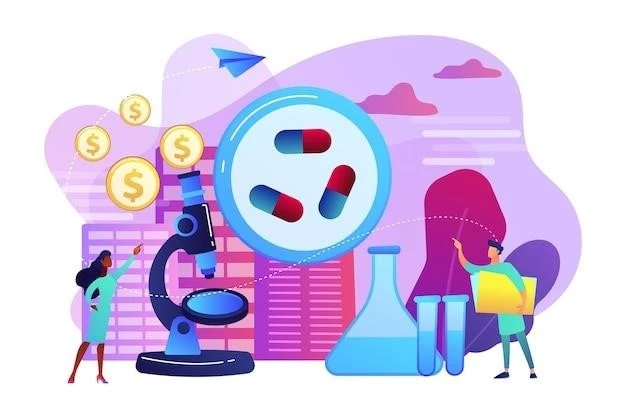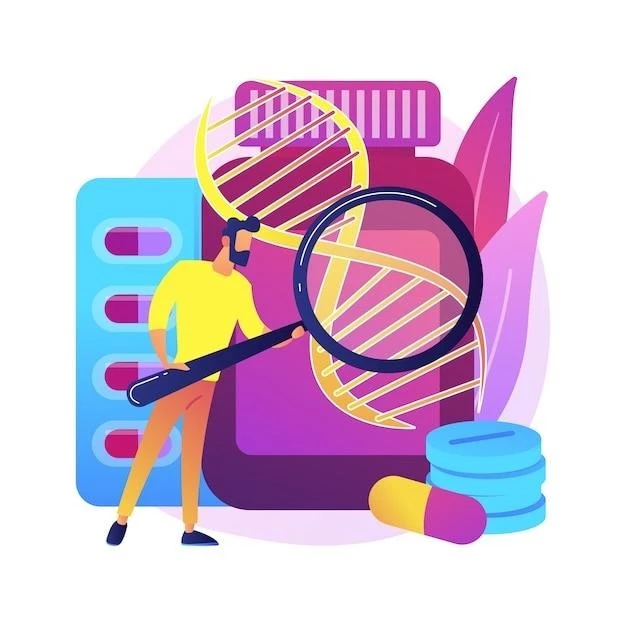Identification of Symptoms
Early symptoms of Cystin Transport Disorder include recurrent kidney stones, abdominal pain, frequent urinary tract infections, and blood in urine. If you experience these symptoms, consult a healthcare professional for diagnosis and treatment.
Treatment Options
Treatment for Cystin Transport Disorder may include increased fluid intake, dietary changes to reduce cystine levels, medication to manage symptoms, and extracorporeal shock wave lithotripsy for kidney stones. Consult a specialist for personalized treatment recommendations.
Genetic Component
Understanding the genetic mutations that cause Cystin Transport Protein Defect is crucial for diagnosis and treatment. Genetic testing can help identify specific mutations, allowing healthcare providers to tailor interventions for better outcomes. Consult a genetic counselor for more information.
Research Advances
Ongoing research on Cystin Transport Protein Defect focuses on developing new treatment methods, understanding the underlying mechanisms of the disorder, and exploring potential genetic therapies. Stay informed about the latest advancements by participating in clinical trials and discussing research findings with your healthcare team.
Lifestyle Modifications
For managing Cystinuria, adopt healthy habits like staying hydrated, monitoring urine pH levels, and following a low-sodium diet. Regular exercise, stress management, and adequate sleep can also positively impact your overall well-being. Consult with your healthcare team for personalized lifestyle recommendations.

Medical Intervention
Medical intervention for Cystinuria may involve prescribed medications to manage symptoms like pain or prevent stone formation. In severe cases, procedures such as ureteroscopy or percutaneous nephrolithotomy may be necessary to remove kidney stones. Follow your healthcare provider’s guidance for the most effective treatment plan.
Kidney Function Impairment
Cystin Transport Disorder can lead to kidney function impairment due to recurrent kidney stones and potential damage to the renal system. Regular monitoring of kidney function, early intervention for stone removal, and adherence to treatment plans are vital to preserving kidney health. Consult with healthcare professionals to manage kidney function effectively.
Preventive Measures
To minimize the impact of Cystin Transport Disorder on kidney function, maintain proper hydration, follow a low-sodium diet, monitor urine pH levels, and adhere to prescribed medications. Regularly scheduled medical check-ups and kidney function tests are essential for early detection and proactive management. Collaborate closely with healthcare providers to prevent complications and maintain renal health.
Specialized Diet
Individuals with Cystinuria should follow a specialized diet low in cystine-producing foods like red meat, eggs, and dairy products. Increasing fluid intake, particularly water, can help reduce cystine concentration in urine. Consult with a nutritionist to create a customized diet plan that meets your nutritional needs while managing cystine levels effectively.
Consultation with Nutritionists
Seeking guidance from nutritionists experienced in managing Cystinuria can provide valuable insights into creating balanced meal plans that support kidney health. Nutritionists can help tailor your diet to reduce cystine levels and prevent kidney stone formation. Collaborate with a nutrition expert for personalized dietary strategies and optimal health outcomes.
Recent Findings
Recent research on Cystin Transport Protein Defect has focused on novel treatment approaches, genetic therapies, and precision medicine strategies. Stay informed about the latest advancements by following scientific publications and discussing emerging findings with your healthcare team. Participation in clinical trials can also provide access to cutting-edge treatments.
Clinical Trials
Participating in clinical trials for Cystin Transport Protein Defect offers access to cutting-edge treatments and contributes to advancements in medical research. Discuss with your healthcare provider about potential trial opportunities that may benefit your condition. Stay informed about ongoing trials and their outcomes to make informed decisions about your care.
Potential Complications
Complications of Cystin Transport Disorder may include recurrent kidney stones, urinary tract infections, kidney damage, and impaired renal function. Prompt diagnosis, adherence to treatment plans, and lifestyle modifications are essential in mitigating these risks. Regular monitoring and proactive management can help prevent complications and maintain kidney health. Seek medical advice for personalized care.
Multidisciplinary Care Approach
Managing Cystin Transport Disorder effectively often requires a multidisciplinary approach involving healthcare providers such as nephrologists, urologists, genetic counselors, and nutritionists. Collaborating with a diverse team can optimize treatment outcomes, enhance patient support, and address various aspects of the disorder comprehensively. Embrace a holistic approach to care for the best results.
Patient Support Groups
Joining patient support groups for Cystinuria can provide valuable emotional support, shared experiences, and resources for coping with the challenges of the condition. Connecting with others facing similar struggles can offer a sense of community and empowerment. Explore local or online support groups to enhance your well-being and knowledge about managing Cystinuria.
Counseling Services
Seeking counseling services can help individuals affected by Cystinuria cope with the emotional impact of the condition. Professional counselors can provide support, guidance, and coping strategies to navigate challenges related to the disorder. Engaging in counseling sessions can promote mental well-being and resilience in managing Cystinuria effectively.
